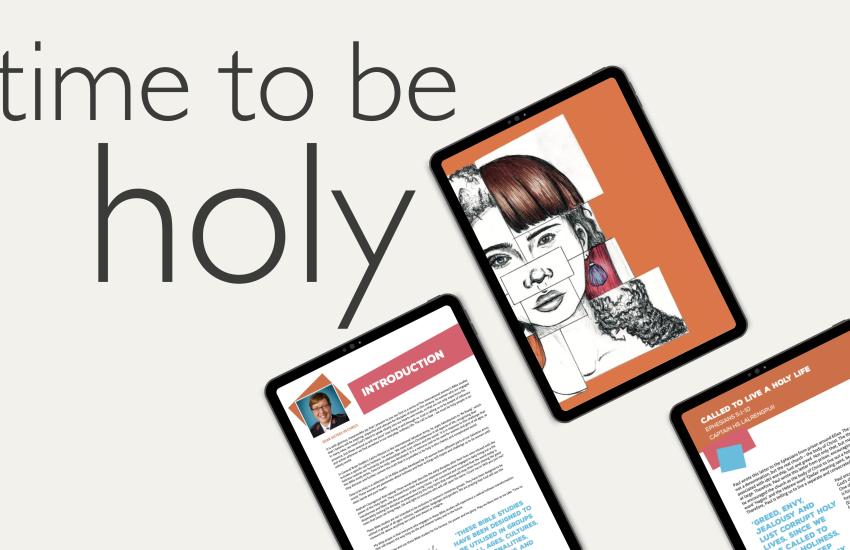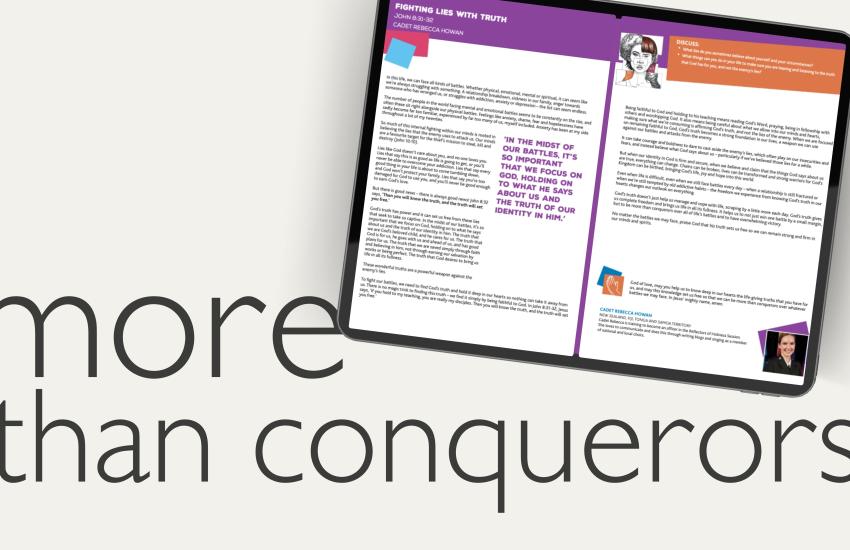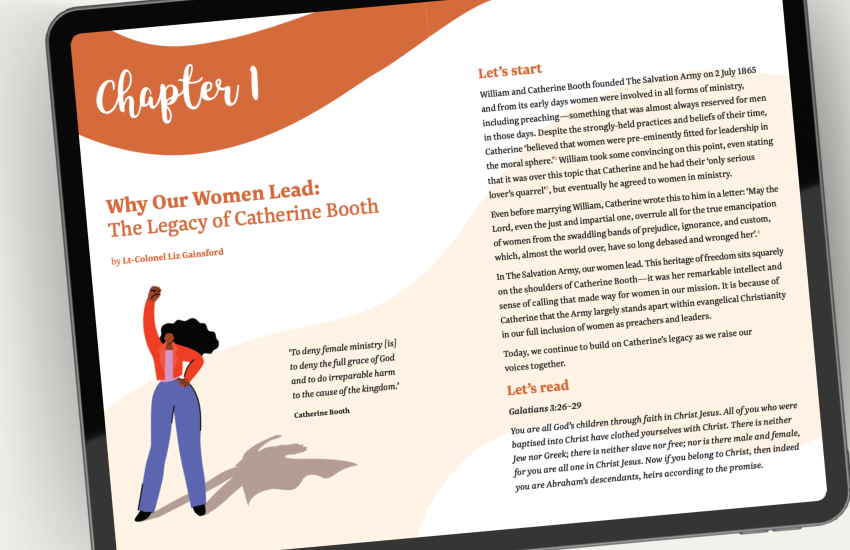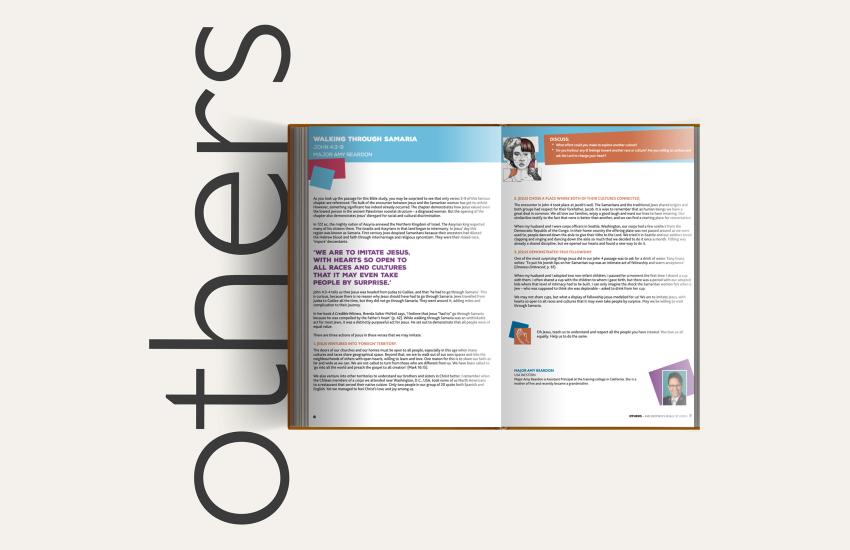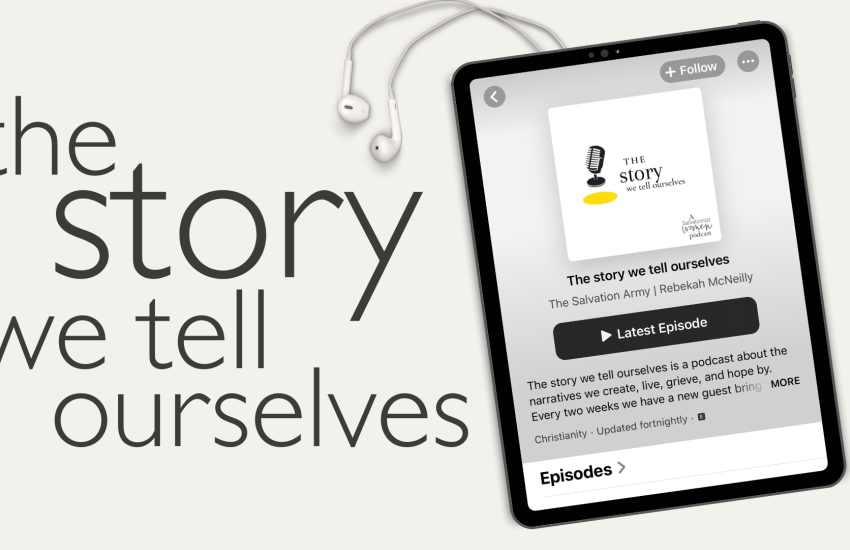'Women supporting women' is a phrase often thrown around in relation to business, commerce and popular culture. But what does it really mean in practice? Among other things, to support others is to uplift, to provide, to be an advocate, and to offer loving companionship on life's journey. We are taking a moment to reflect on what it is to be a woman who supports others through our reflections on the women who have gone before us. To start off this series, we take a look at the Book of Ruth...
The Book of Ruth presents us with three women in a precarious situation due to the social injustices of their time: Naomi, the grieving widow and mother, and her daughters-in-law, Ruth and Orpah, the young and childless widows. Socially speaking, there is little hope for Naomi as she is considered too old to have another husband and unable to bear more sons. As a widow, she has little to no legal protection and relies on male relatives who are living away from her home in Moab. Naomi recognises that Orpah and Ruth could still find hope in second marriages, and she bids them to leave her.
‘But Ruth replied, “Don’t urge me to leave you or to turn back from you. Where you go I will go, and where you stay I will stay. Your people will be my people and your God my God. Where you die I will die, and there I will be buried. May the Lord deal with me, be it ever so severely, if even death separates you and me.” Naomi realised that Ruth was determined to go with her, she stopped urging her.’ (Ruth 1:16-18)
When Ruth and Naomi arrive in Bethlehem, the whole town was stirred. After all, they have come from Moab – with its different customs and cultures – and Ruth is considered an outsider. When Naomi first left Bethlehem as a young wife and mother, she was full, secure, and enjoying a life of that was expected for her. But now she is returning as a broken, humiliated, and despairing widow. Believing that she has nothing, Naomi renames herself ‘Mara’, which means ‘bitter’.
An unfaltering loving kindness
However, Naomi has something quite incredible: her loyal daughter-in-law, Ruth. In Ruth’s commitment to remaining with Naomi, she selflessly sacrifices her own future. By working in the fields to provide for her mother-in-law without male protection, Ruth displays that she is willing to face social judgement and risk in an act of solidarity with Naomi. In her refusal to see her mother-in-law become destitute, we see a beautiful reflection of God’s pure, loyal, unfaltering loving kindness to us.
‘Boaz said to Ruth, “My daughter, listen to me. Don’t go and glean in another field and don’t go away from here. Stay here with the women who work for me… I have told the men not to lay a hand on you. And whenever you are thirsty, go and get a drink from the water jars the men have filled.”
‘At this, she bowed down with her face to the ground. She asked him, “Why have I found such favour in your eyes that you notice me – a foreigner?”
‘Boaz replied, “I’ve been told all about what you have done for your mother-in-law… how you left your father and mother and your homeland and came to live with a people you did not know before. May the Lord repay you for what you have done. May you be richly regarded by the Lord, the God of Israel, under whose wings you have come to take refuge.”’ Ruth 2:8-12 (New International Version)
In these verses, we read that the loving and kind nature of Ruth has been recognised by Boaz. His initial response is a generous display of kindness, and it paves the way for God to provide a future of mercy, hope and justice for Ruth and Naomi. The provision from Boaz brings hope to the hopeless Naomi, who now feels empowered enough to seek out a better life for her and her daughter.
Hope and restoration
By the final chapter, Boaz takes on the official responsibility as ‘guardian-redeemer’ for Ruth and Naomi. Boaz cares for the women, buying back their family land, marrying Ruth, and conceiving a son who ‘renews Naomi’s life and sustains her in her old age’. Through the generous and compassionate heart of Boaz, God restores justice to Naomi’s family because of the loyalty, persistence, and obedience displayed by her daughter Ruth.
We can apply the restorative message of Ruth’s story to our personal encounters with any marginalised or persecuted group in our world today; the elderly, the grieving, the refugee, the less physically able, those in poverty... We pray for those in our world who identify with Naomi – that God’s comfort and justice will cover their lives and deliver them from despair. We pray for those identify with Ruth – may they be supported in and rewarded for their persistent faithfulness to those in need. We pray for those who identify with Boaz – may they recognise their privileged position and generously use their wealth in the name of God’s goodness, mercy, and loving kindness.

